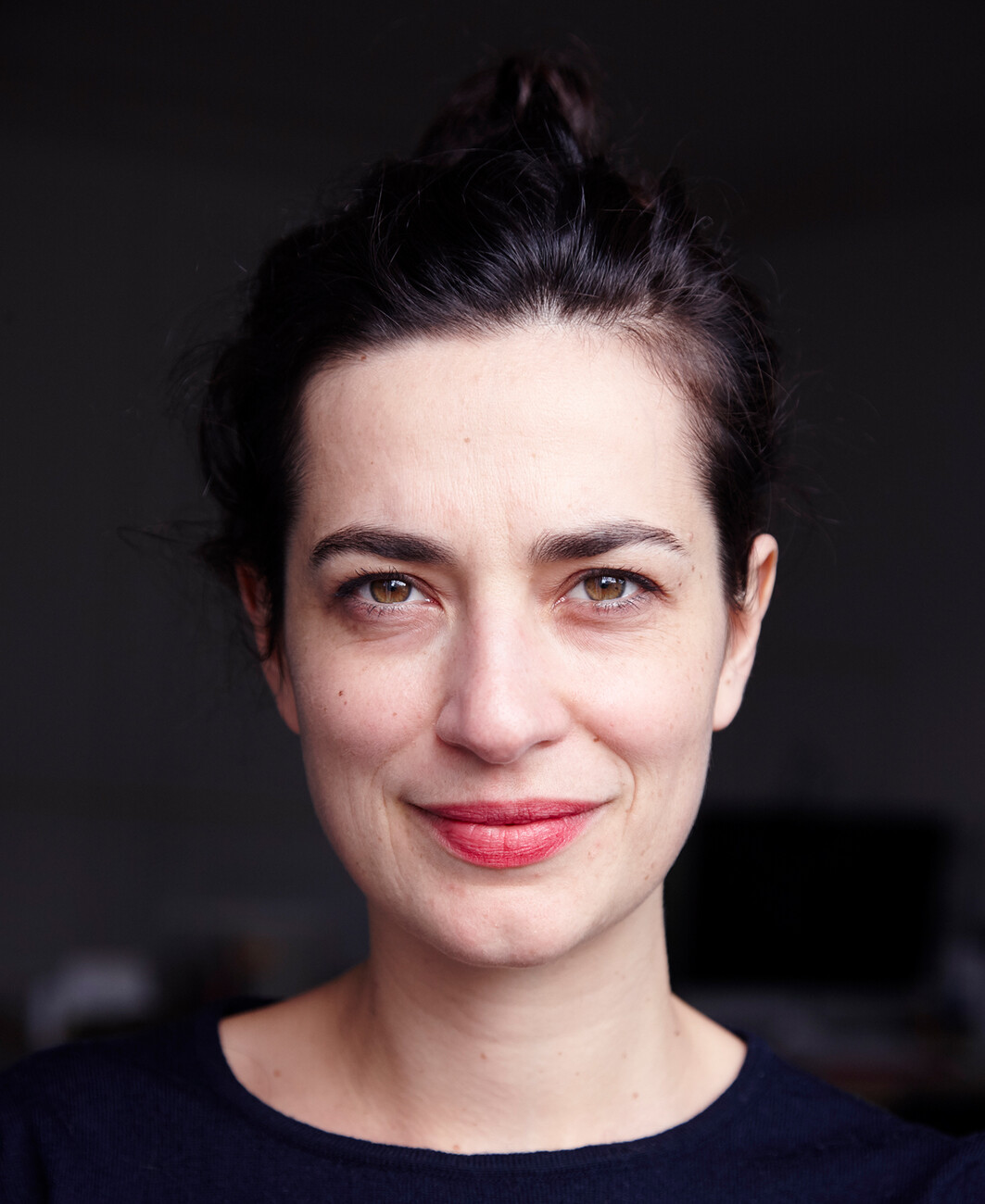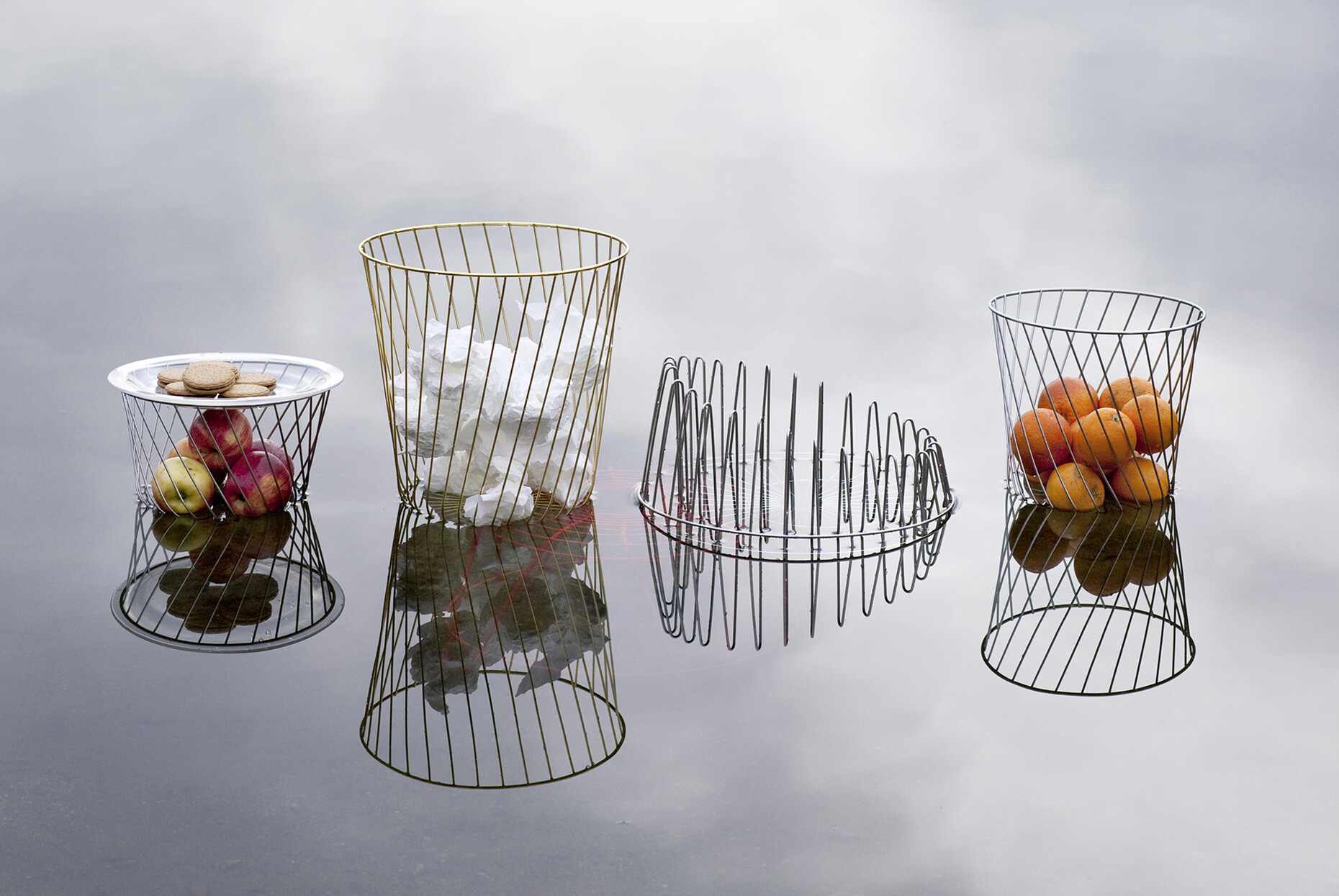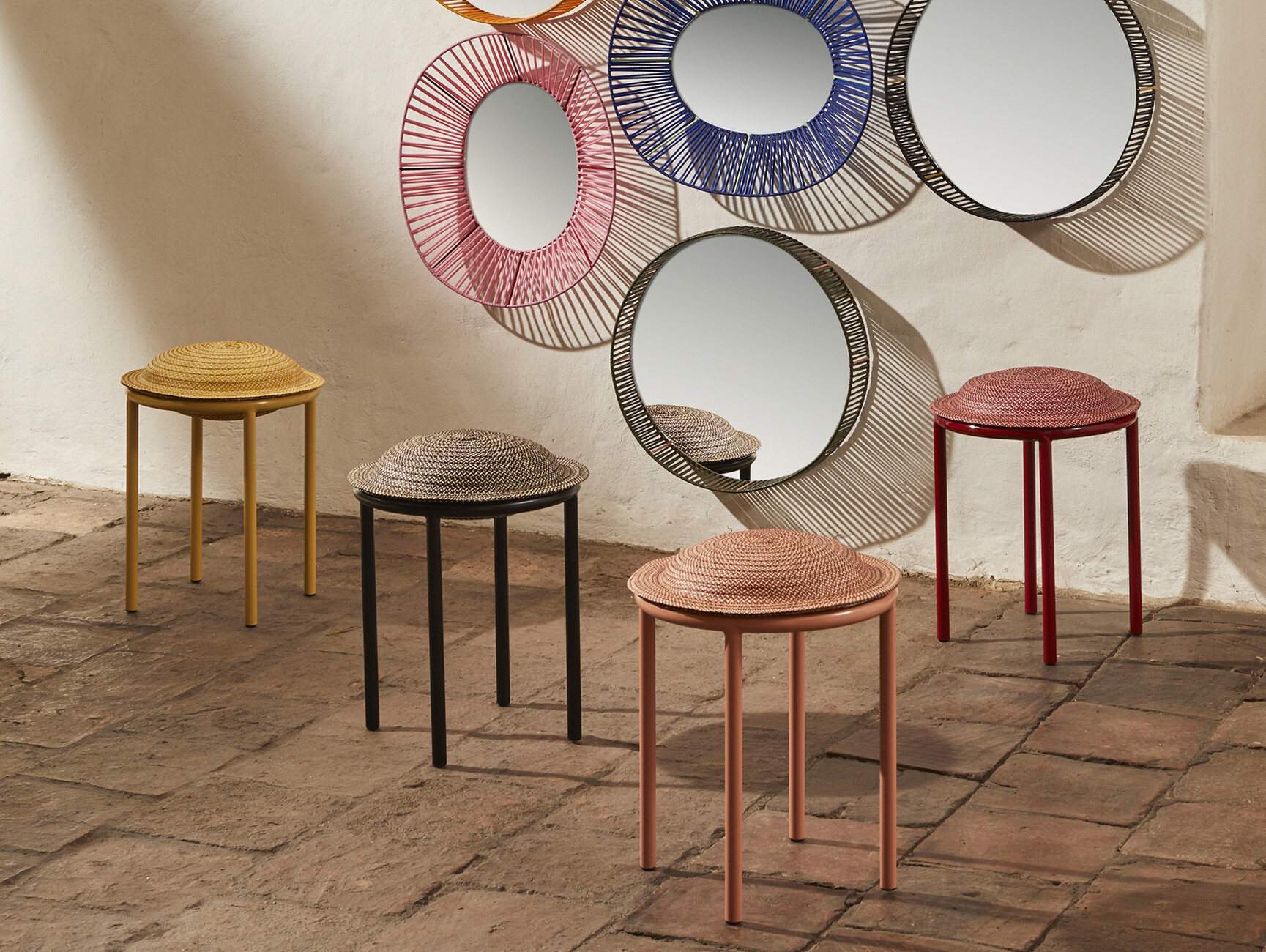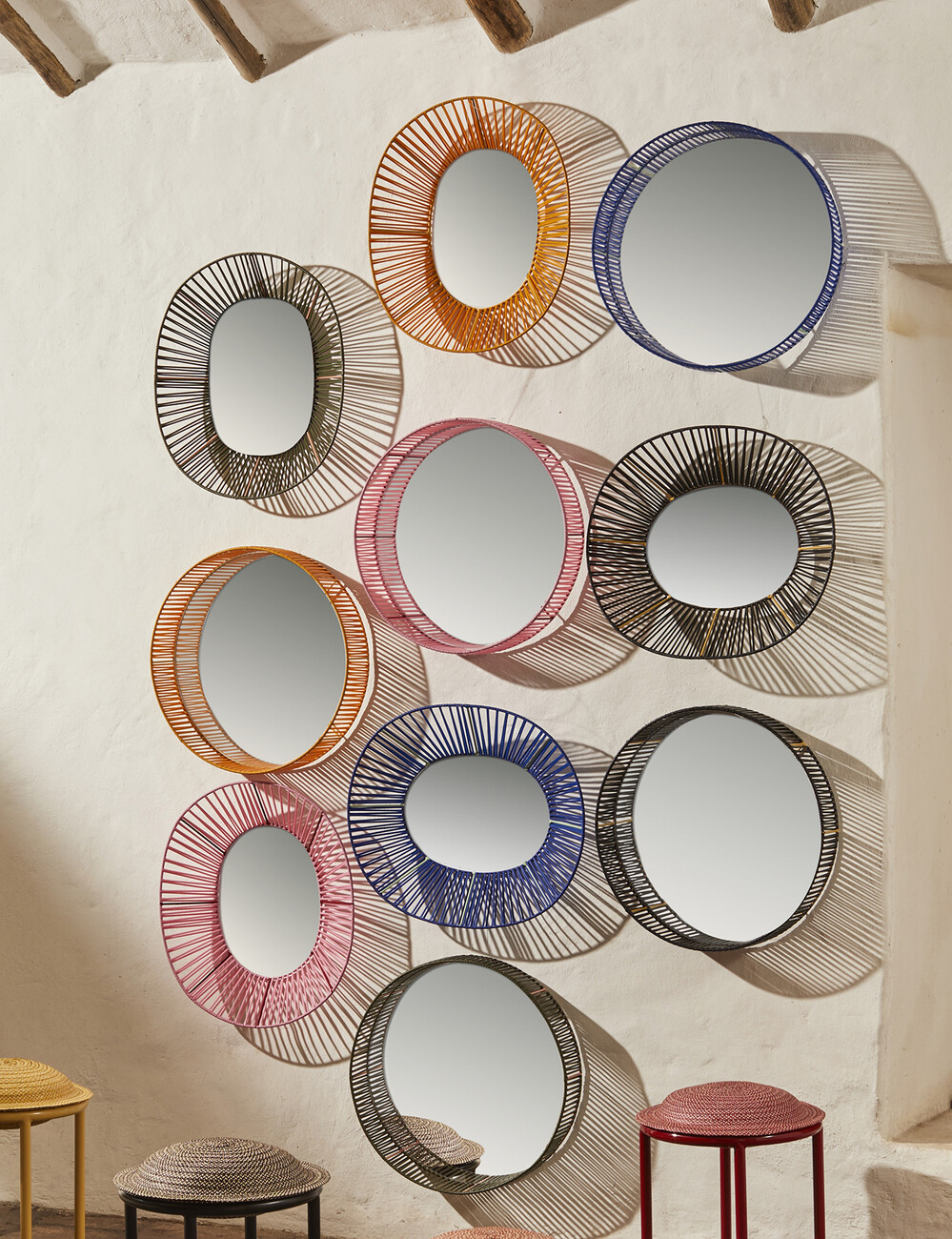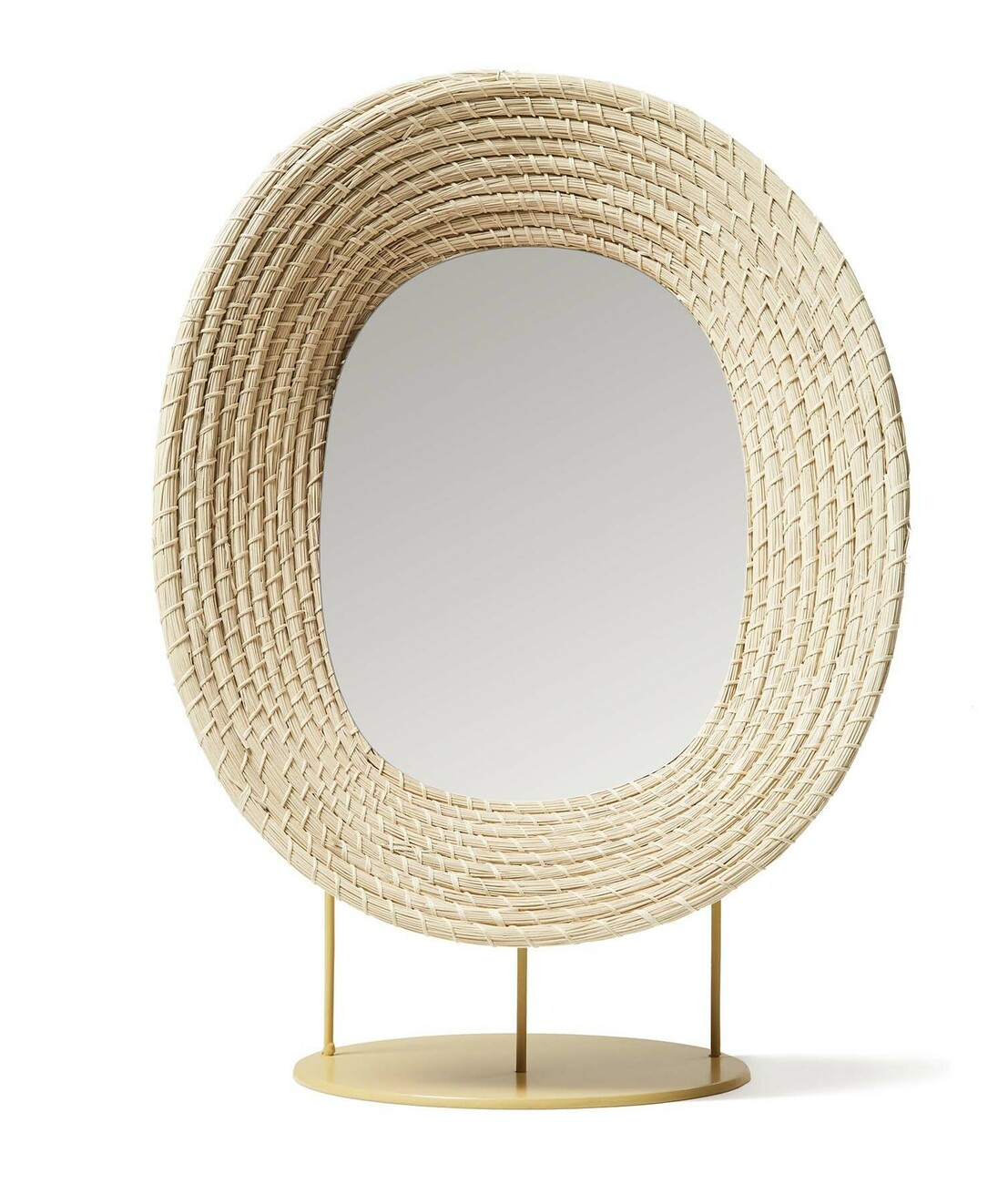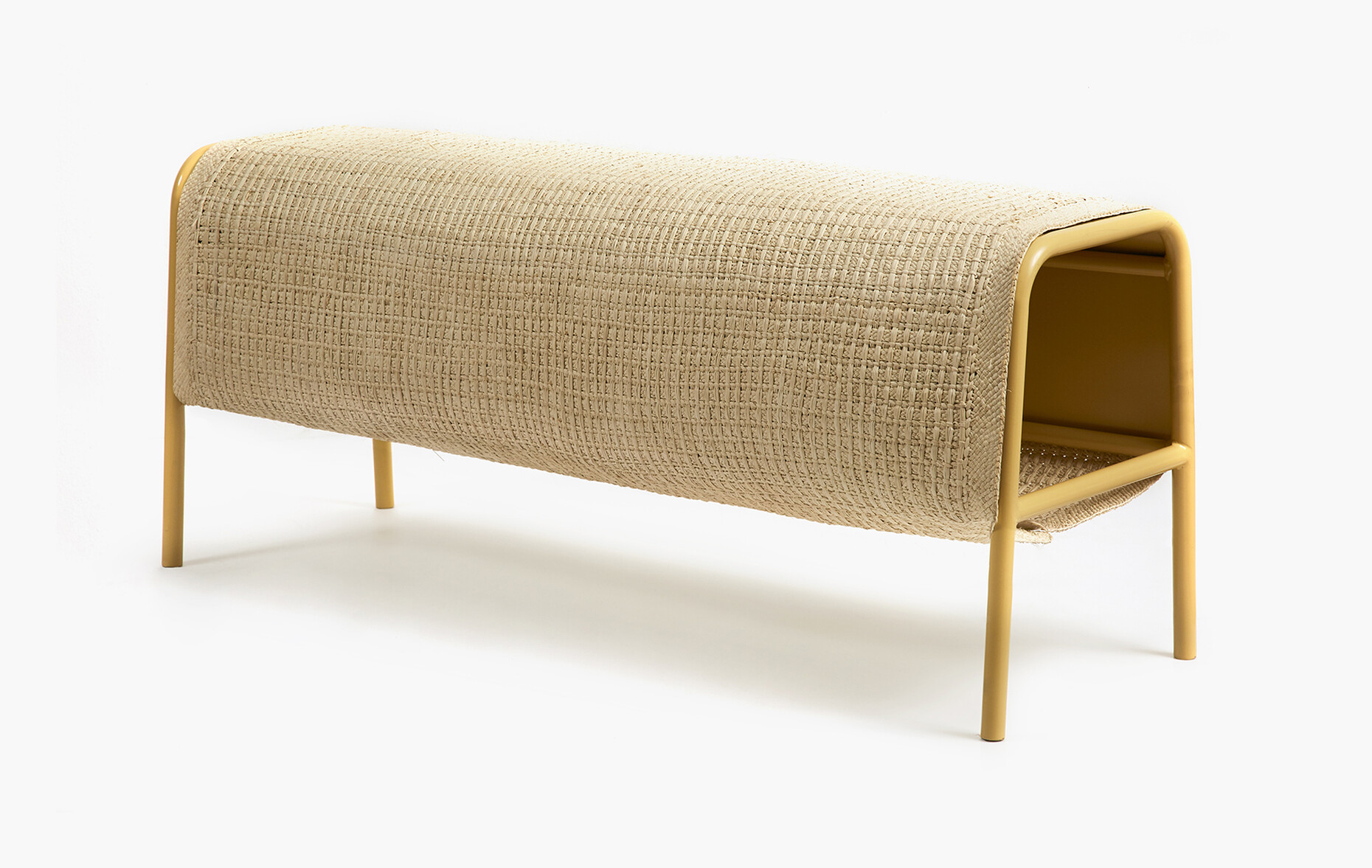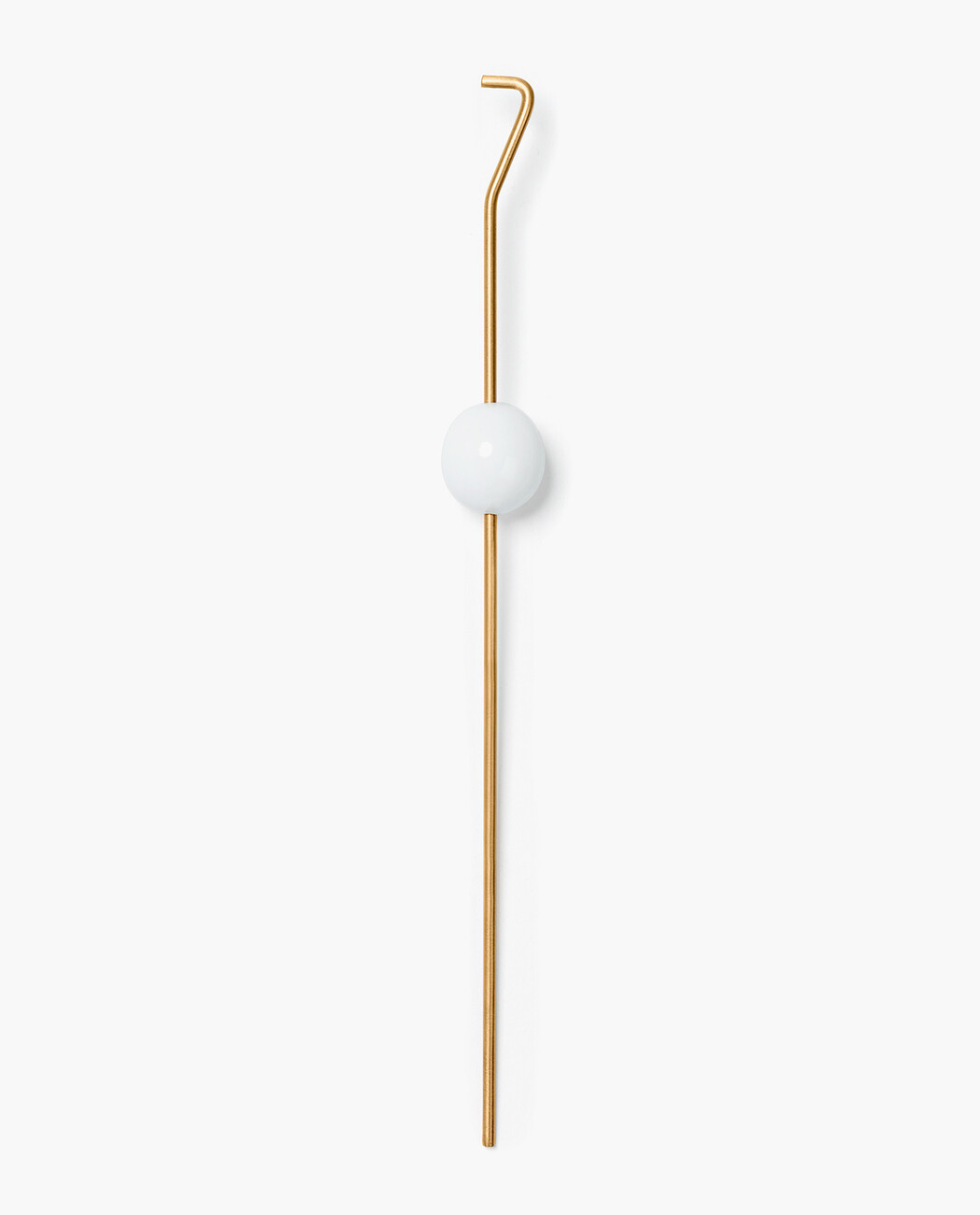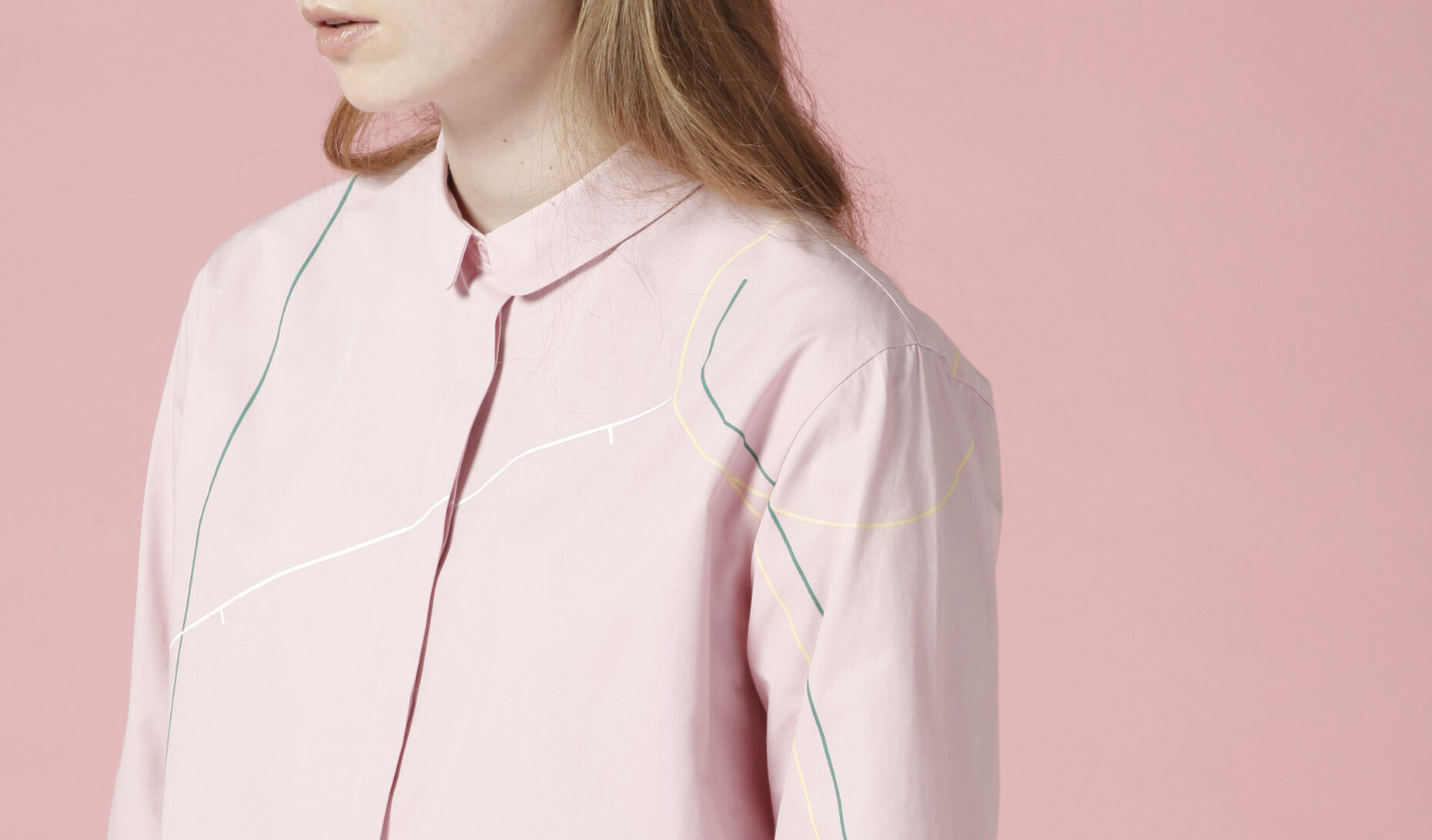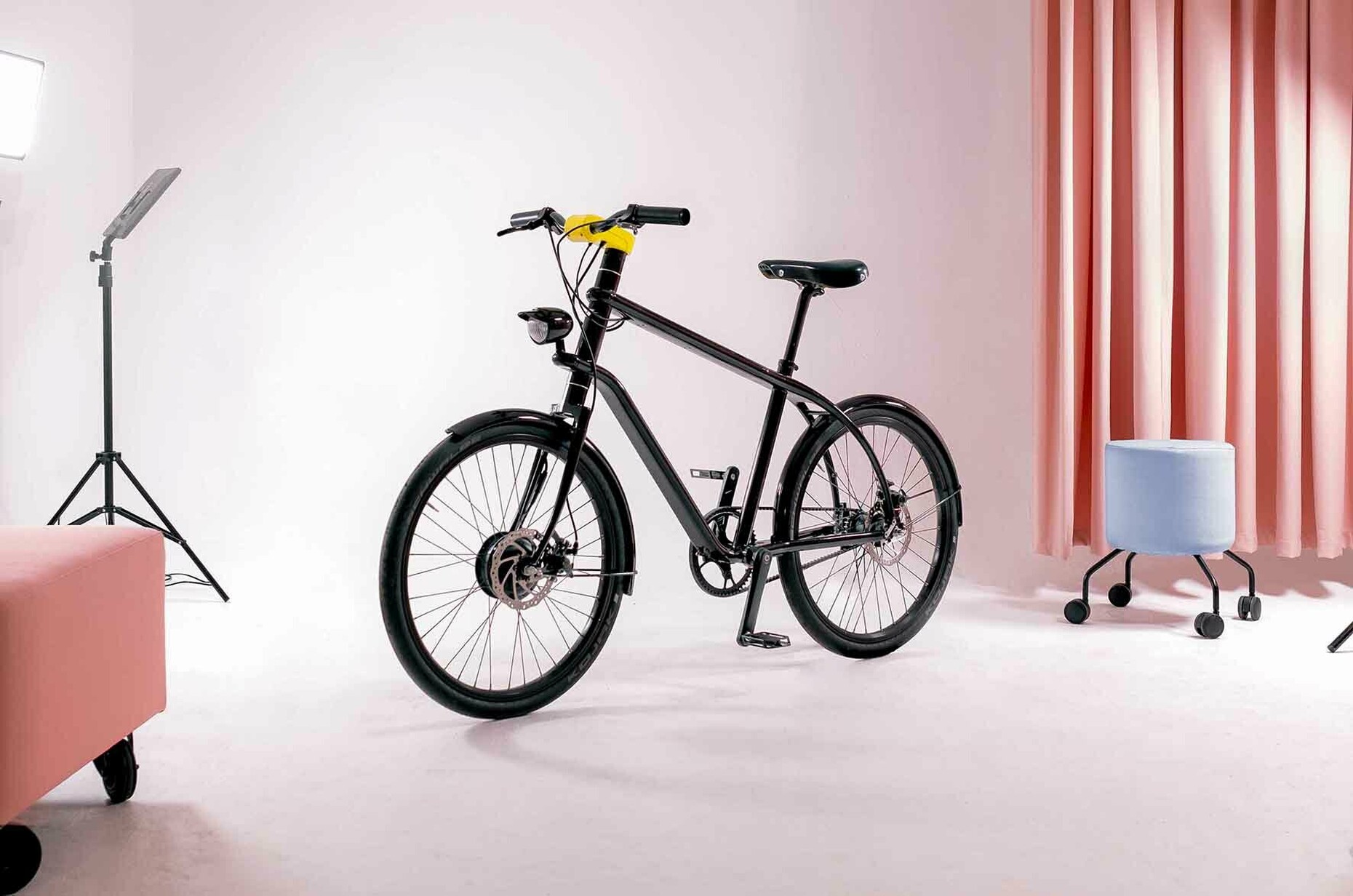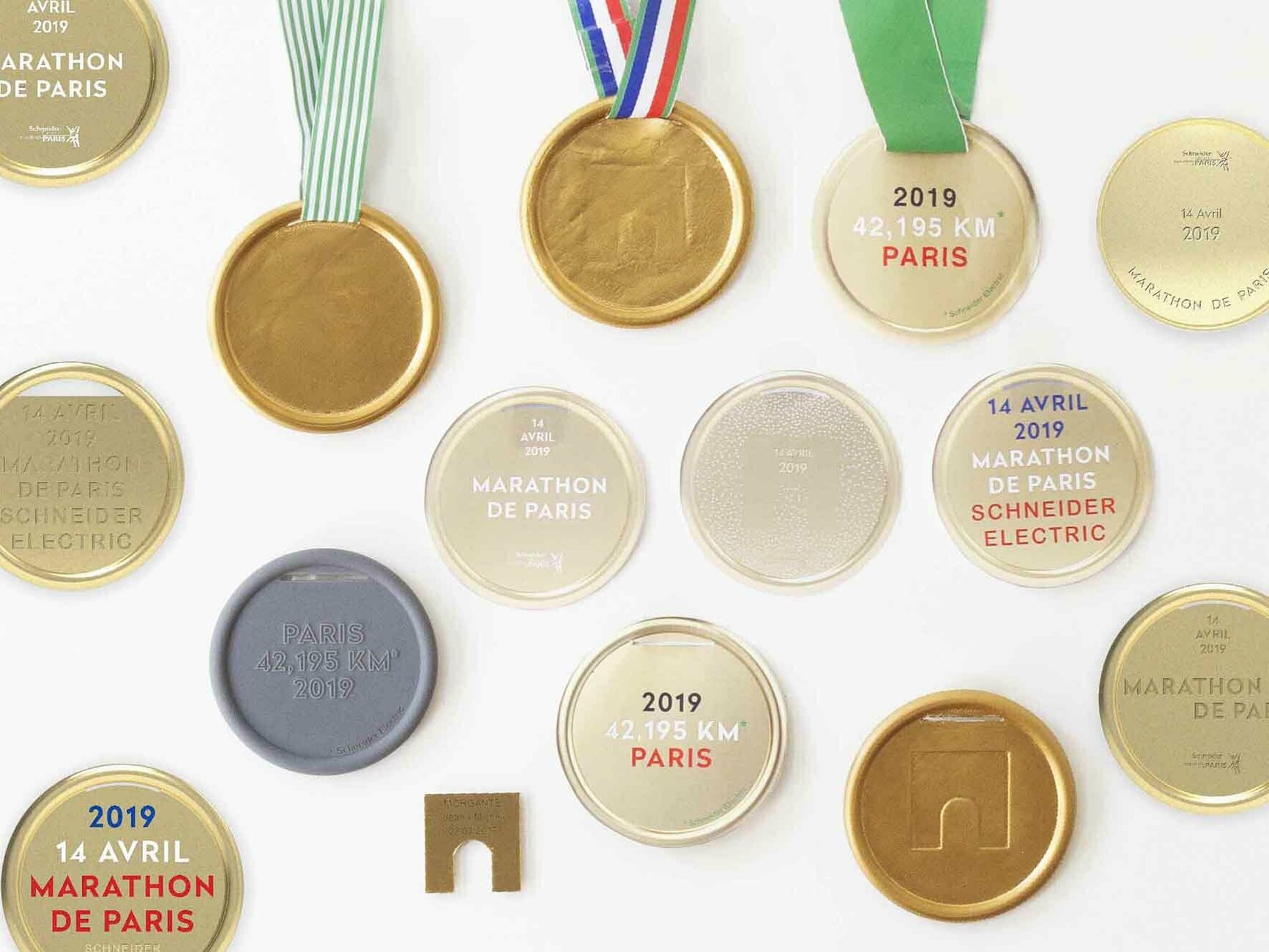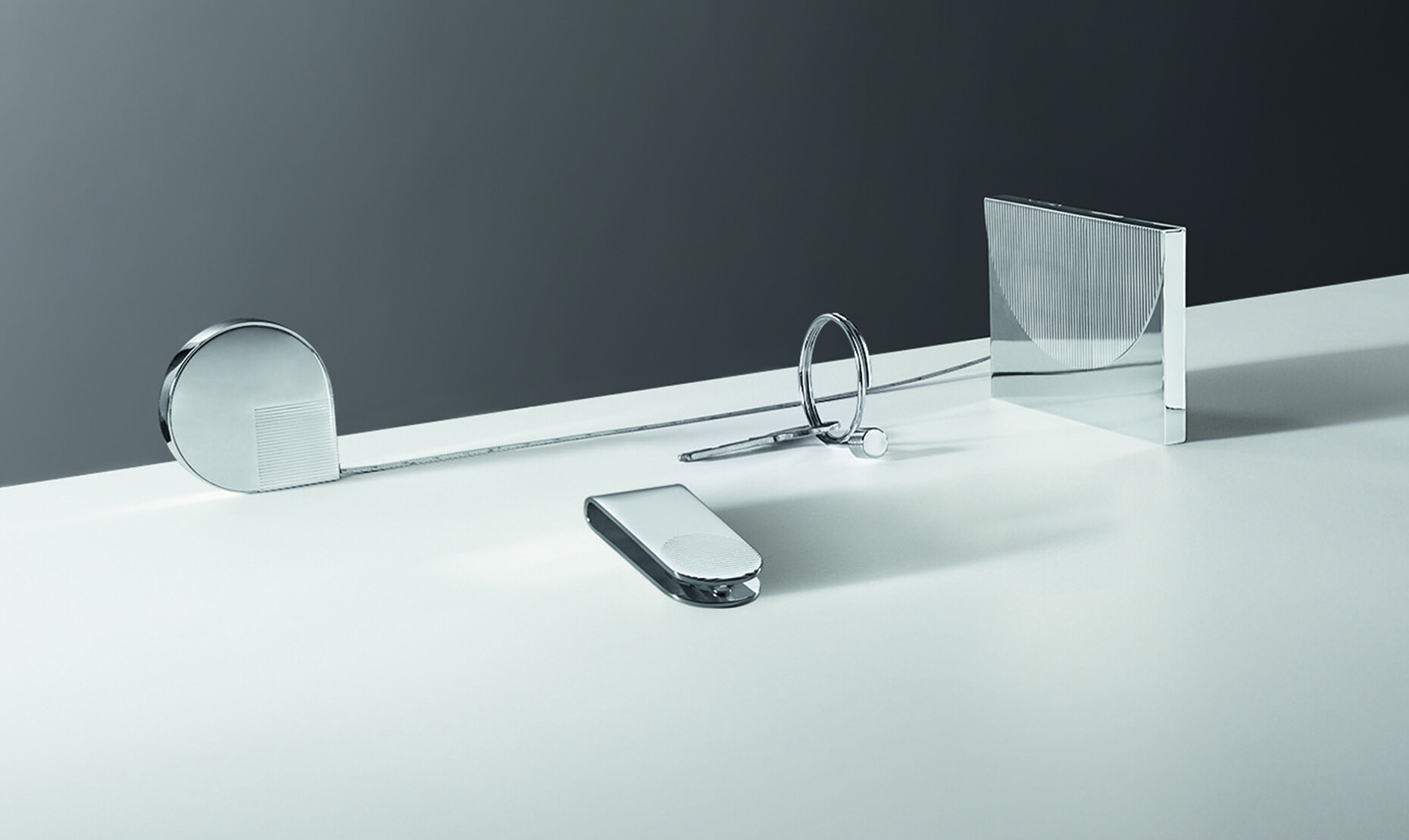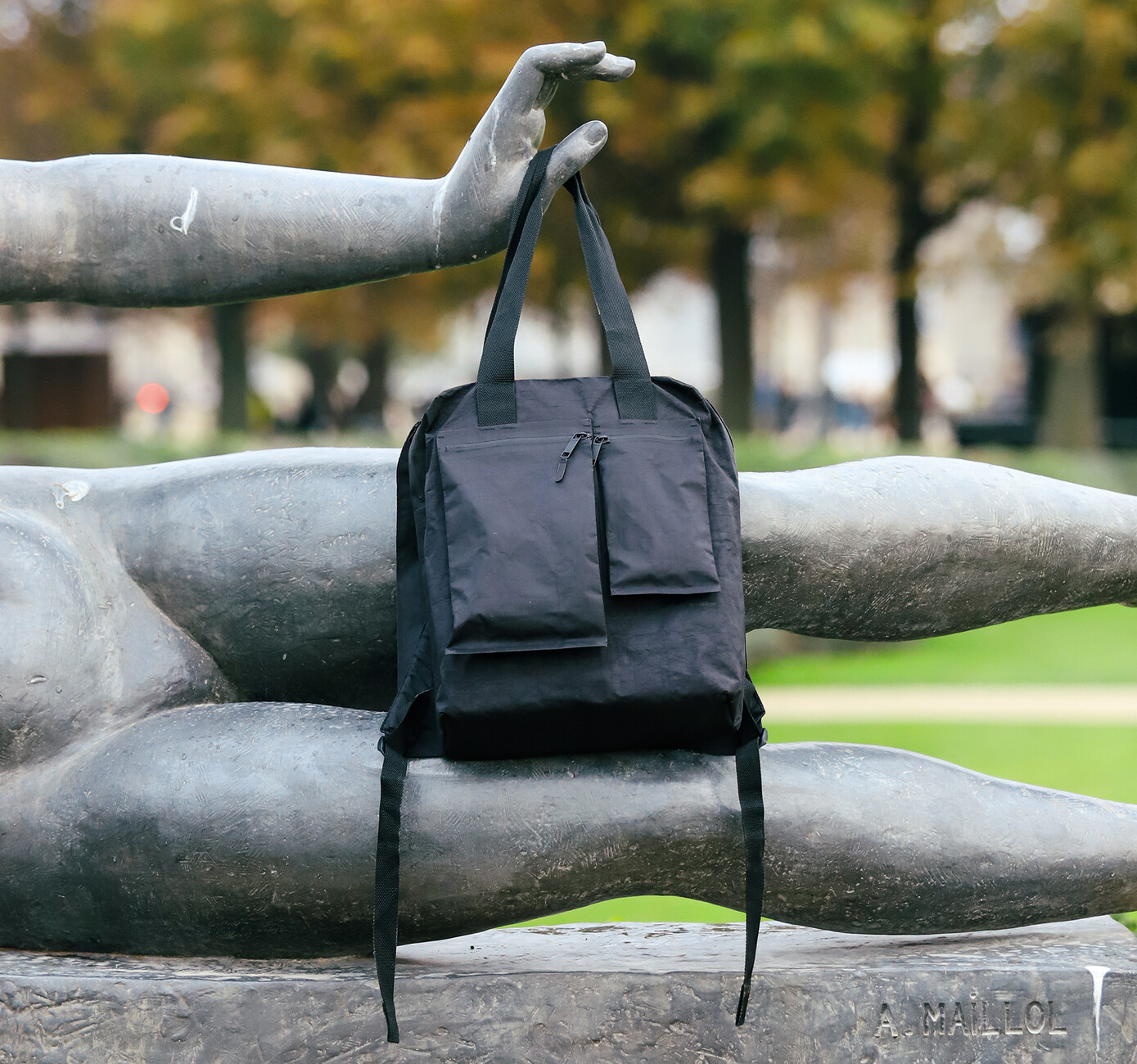Obituary
She improved the world
Her path had only just begun. In just under a decade, she became an internationally renowned designer, practising a profession she loved. She quickly found a personal combination of rigour and delicacy that is visible in many of her projects. Her enthusiasm to engage with idiosyncrasies of materials she worked with became as evident as her ability to establish chromatically coordinated colours. All these were not ingredients but integral parts of each of her projects. She was in the tradition of modern French design, which is both elegant and playful. Enthusiastic about mathematics and artistically gifted, product design seemed to her at an early age to be the ideal combination to which she devoted herself from then on. To write about Pauline Deltour using past tense seems absurd. On 10 September 2021, at the age of just 38, she died suddenly and unexpectedly, as they say.
Pauline Deltour was born in 1983 in Landerneau in Brittany, studied applied arts in Paris at the École nationale supérieure des arts appliqués et des métiers d'art (ENSAAMA) from 2001 and then industrial design at the Ecole Nationale Supérieure des Arts Décoratifs (ENSAD). Her internship took her to Konstantin Grcic's studio in Munich. After graduating in Paris in 2006, she returned to Grcic as a project assistant. She was involved in projects for Vitra as well as in furniture created in cooperation with Thonet and Muji. Her final project in Paris, a series of wire objects for various domestic purposes, went into series production at Alessi. A furious start that led to independence in Munich in 2009. There she created an art-in-architecture project with Nitzan Cohen: the original, intertwined "Run Run Run" tartan track for a children's day-care centre, half play-half sport zone. Soon Pauline Deltour went back to Paris, where she designed out of her two-room flat in 2011 before moving into a larger studio on Boulevard Magenta.
Men weren't going to be approached about it, she replied to statements about her physical beauty. She fought for the self-evidence of working the way others do, unchallenged by macho slogans and classifications - or so she told a writer for the daily newspaper Libération at the time. Indeed, she had an extraordinary combination of charm and esprit. Pauline Deltour appreciated being well organised because it gave her the freedom she needed for work and life, which helped to give her pleasure and enjoyment. Those who had the pleasure of coming into contact with her could not escape her easy-going way of life, which was coupled with great seriousness. If one looks at her multifaceted and versatile work, which was created in only a few years, and at the precision with which she worked out each of her projects, then the great power, emphaticness, clarity and calmness with which she designed becomes visible. Moreover, the objects she dealt with were always usable. Many of them are ideal for the urban-nomadic way of life she practised herself. And yet they go far beyond being practical. Her work also includes outstanding examples of jewellery ("Étreintes" for JEM), fashion ("Honeycomb" for Sogo&Seibu) and accessories ("Argent de poche" for Puiforcat).
She was in direct contact with her clients all over the world, travelled a lot, even if she was slowed down by Corona in the end. She felt obliged to "give 200 per cent, even if only 100 per cent is paid," as she told Dear Magazine in a 2018 interview. Using the example of the electric bicycle "Le Vélo" for Yellow Innovations, an offshoot of the French postal service, she illustrated how important it was to approach a new topic first with an open mind and then as an expert at a later stage. Pauline Deltour's designs "Drop" and "Floater" for COR show that upholstered furniture does not have to be variants of the same thing, that it can be both contemporary and multifunctional, her carpet collection "Rope Rugs" for HEM could become a long seller, and the same goes for the outdoor furniture "Patio" for Tolix.
Pauline Deltour was restless. She gave her all for each of her projects. Her death is a cause for mourning, for remembering a great designer. But perhaps we should also pause and reflect on that design system that creates a constant stream of the new, but forces designers to line up project after project. Whether their product actually reaches the market, whether it is available for more than a short period of time and helps to pay adequately for the work done, is not in the hands of the designers. In a world of permanent transformation, this should change as a matter of urgency.
What is her motto, Pauline Deltour was asked by Le Monde as recently as April: "On n'a qu'une vie! - You only have one life. Hers ended far too soon.
